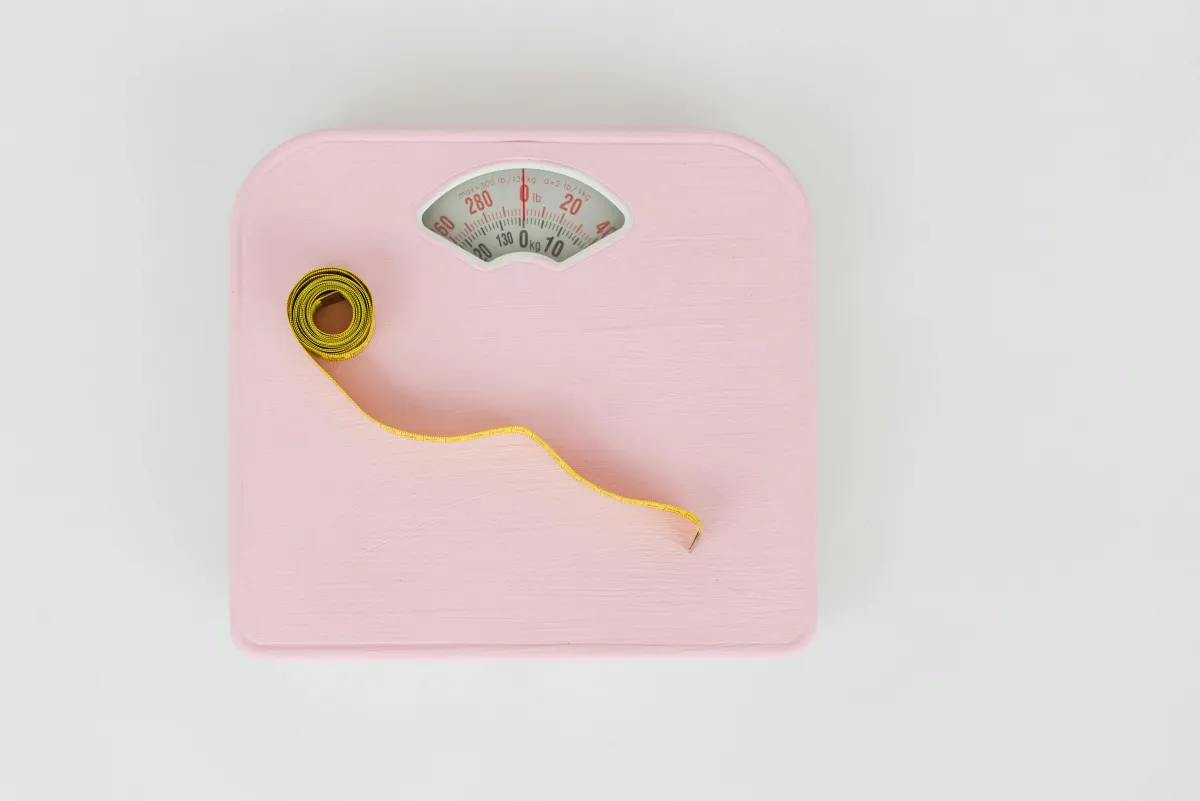Discover The Latest Blogs
Stay updated with Our Informative Blog Posts

Progress Isn’t Linear — And That’s a Good Thing - Nat Galloway
Progress Isn’t Linear — And That’s a Good Thing
You're training hard, eating well, and doing what you should. But the numbers aren’t moving. PRs aren’t falling. The scale is static. You feel off.
That doesn’t mean you’re failing. It means your body is doing exactly what it’s supposed to.
The Myth of Constant Progress
Progress isn’t meant to be a straight line. The idea that you should get stronger, faster, and leaner every single week is one of the biggest lies in fitness.
Here’s what’s actually happening when things stall:
Fatigue is hiding your fitness. The more effort you put into training, the more fatigue you build. And fatigue covers up your true performance. Your potential is growing—you just can’t access it fully until you’ve recovered.
Adaptation takes time. Just because the results aren’t visible right now doesn’t mean the work isn’t adding up. Sometimes the body needs weeks to respond to a new phase of training.
You're human. Life stress, poor sleep, workload, or low food intake can all interfere with performance. Training that adapts to these fluctuations beats rigid plans every time.
What Real Progress Looks Like
Most people chase numbers. But the signs of improvement often show up before PRs do. Progress looks like:
Moving weights more efficiently, with better control
Needing less rest to hit the same numbers
Holding form under fatigue
Recovering faster between sessions or days
Showing up consistently, even on tough weeks
These markers matter just as much—if not more—than what’s on the bar or the scale.
The Value of a Responsive Plan
Your program should be flexible enough to respond to you, not vice versa. This means:
Training intensity varies depending on performance and recovery
You don’t max out just because the plan says so
You learn to listen to what your body can handle and adjust volume or load accordingly.
This approach builds long-term progress without burning you out or pushing you past your capacity.
Final Thought
Non-linear progress is the only kind that matters.
If you're feeling stuck, zoom out. Look at your consistency, your movement, and how much better you're handling training than you were three months ago.
The results are coming—they’re just not always loud about it.
Progress takes time—and the right support. Connect with a coach at www.masterathletic.com to find out what’s really working and where to go next.
Nat Galloway
Coach, Master Athletic Performance




